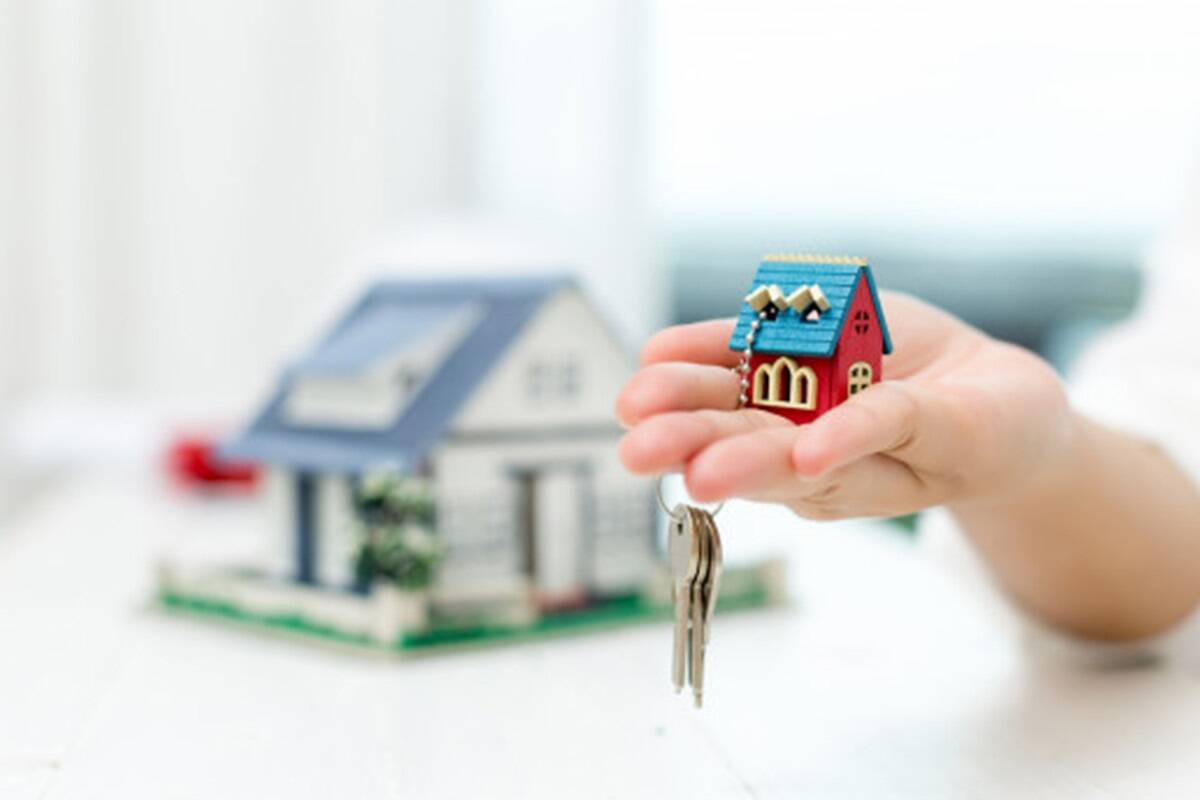If you’re asking yourself the question, “Should I rent or buy a house?” post-Covid, there’s a lot to consider. Obviously, the pandemic has forever changed the way we work and live with nearly everything affected by the coronavirus, including rental properties and real estate.
There’s no simple one-size-fits-all kind of answer. With low mortgage rates and less spending during the pandemic, some may have finally managed to save enough for a down payment and are now looking to buy. Many, too, are ere tired of living and working in the same cramped, small quarters.
Bloomberg reports that in many areas of the country, especially in suburbs, home buying has been on the rise, with the number of contracts for single-family home purchases in Greenwich, Connecticut nearly tripling over just a year’s time. Of course, that means inventory is running low, pushing prices up making it difficult for some to buy.
Covid-19 has meant the loss of income and savings for many as well, in addition to job insecurity and homeowners who’ve had liens due to debts attached to their properties. Some have had to forgo major home maintenance requirements such as repairs to a roof or foundation.
What all of this means is that just like pre-Covid, there are a number of factors you’ll want to think about before making the decision to rent or buy in a post-Covid world.
Consider the Monthly Costs Over the Purchase Price
Home prices are up significantly but in order to determine whether you can afford to buy, you’ll want to focus more on the monthly costs than the actual purchase price. That includes your mortgage payment, maintenance, property taxes, and home insurance.
Experts advise spending no more than 30 percent of your budget on housing expenses including the mortgage and related costs. It’s a must to ensure you can afford it without being “house poor.”
Cash for the Down Payment and Other Move-In Expenses
Don’t expect to find many deals when it comes to home buying, at least for the foreseeable future. That means that not only will you have to be sure the monthly costs fit into your budget, but you’ll also need plenty of cash to get those keys.
It’s going to be tough to come out on top of the competition when placing an offer on a home and you’ll need to have enough for closing costs, which include taxes, appraisals, title costs, and attorney fees. Typically that accounts for between 3 and 6 percent of the mortgage principal (the amount you borrow), so the larger your down payment, the less your closing costs will be.
Your Credit
When you rent a place, your credit score will probably play a factor in whether or not you’re approved, but there are usually rental options for those with less than good credit. When buying a home, your score becomes even more important. It not only has a key role in whether you can obtain a home loan, but what the interest rate will be.
If your score has taken a hit during Covid, you might need to work on improving it before applying. If it’s less than 580, you’re unlikely to qualify for a mortgage, but ideally, it should be at least 740 to get the best interest rate which results in a lower monthly payment.
Financial Benefits Vs. Flexibility
There are obvious financial benefits to owning a home – the value of it is likely to increase if you live in it for at least five years and the mortgage interest can be tax deductible. But you’ll also have to pay for maintenance and repairs, property taxes, and homeowners’ insurance.
Remember, there’s a lot more to consider than whether your monthly mortgage payment is cheaper than rent. Being a homeowner comes with many responsibilities and often unexpected expenses. Plus, if you have to move within a few years due to a job or any other reason, you’re likely to end up taking a loss. Renting provides more flexibility.

